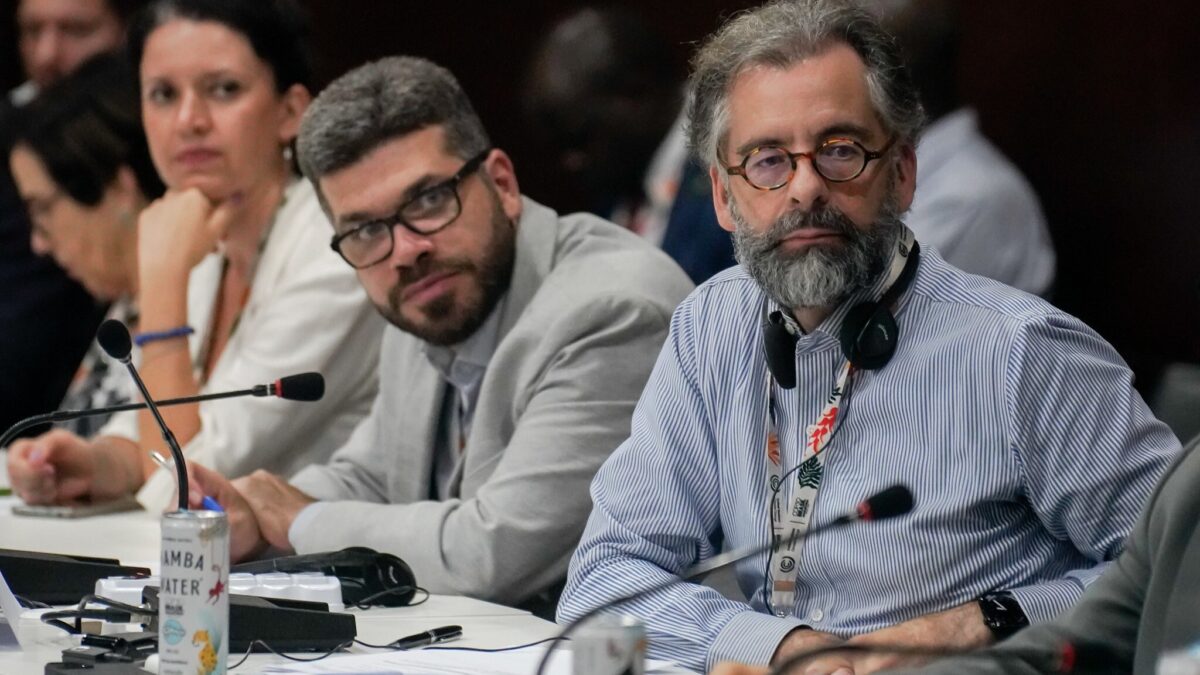Support From 18 Nations Lifts Brazil’s Carbon Market Coordination Plan
Eighteen nations back Brazil’s push to align carbon market rules and strengthen climate action through coordinated standards.
Brazil pushed forward efforts on Saturday to align national carbon pricing systems as 18 countries backed a new coalition that aims to boost market integrity and accelerate global climate action.
The initiative, launched on Nov 7 during the Climate Summit in Belém, seeks to connect compliance carbon markets and raise ambition under the Paris Agreement.
Brazil Expands Drive for Carbon Market Coordination
Brazil convened senior officials and ministers to advance the Open Coalition on Compliance Carbon Markets. The group aims to establish shared principles for monitoring, reporting, and verification, as well as common rules for accounting methods and the use of offsets.
It also intends to improve liquidity, expand participation and enhance transparency.
Maurício Lyrio, climate secretary at Brazil’s foreign ministry, said compliance markets help countries cut emissions at lower cost. He said they also support predictable planning.
“Compliance carbon markets play a central role in accelerating decarbonization and advancing the Paris Agreement,” he said. He added that a just transition must guide market expansion.
Finance Ministry Leads Work on Market Standards
Brazil’s finance ministry leads the technical development of the commitment. Deputy Executive Secretary Rafael Dubeux said countries need structured, equitable ways to transition away from fossil fuels. He said regulated carbon markets form a core part of that path.
Dubeux noted that the coalition will allow members to align best practices and share lessons. He said consistent rules can help countries make credible long-term plans. “This is a historic moment to accelerate the global effort toward decarbonization, equity, and prosperity,” he said.
Coalition Principles Draw From Global Consensus
A document endorsed by the members outlines the coalition’s core goals. Countries agreed to strengthen environmental integrity, improve accounting methods, and explore the interoperability of future carbon markets.
They also committed to building capacity in developing countries and promoting fairness in carbon pricing policies.
The text highlights the growing role of compliance markets worldwide. It notes that more countries and regions now use these markets to meet climate goals.
It also stresses that the coalition will remain open to new members and will work in a complementary manner with other multilateral initiatives.
Membership Reaches 18 Countries Across Regions
Support widened during the COP30 meeting. Current members include Brazil, China, the European Union, the United Kingdom, Canada, Chile, Germany, Mexico, Armenia, Zambia, France, Rwanda, Andorra, Guinea, New Zealand, Monaco, Singapore and Norway.
EU Climate Commissioner Dan Jørgensen backed the effort and said he plans to work with Brazil on better carbon pricing. He noted that high-quality credits must comply with the Paris Agreement rules and be integrated into national climate plans.
Norway Joins to Bolster Market Integrity
Norway formally joined the voluntary coalition. Climate and Environment Minister Andreas Bjelland Eriksen said Norway relies on emissions trading and carbon pricing to cut emissions.
He said the coalition increases market credibility by expanding knowledge on MRV systems and accounting methods. He also said shared experience can help countries design more effective climate policies.
As discussions continue at COP30, Brazil aims to draw more countries into the coalition to build momentum for global carbon pricing reforms and accelerate climate action.
Also Read:
UN Approves 1st Carbon Market Methodology, Paving Way for Global Credit System
Nirmal Menon
Related posts

Subscribe
Error: Contact form not found.


